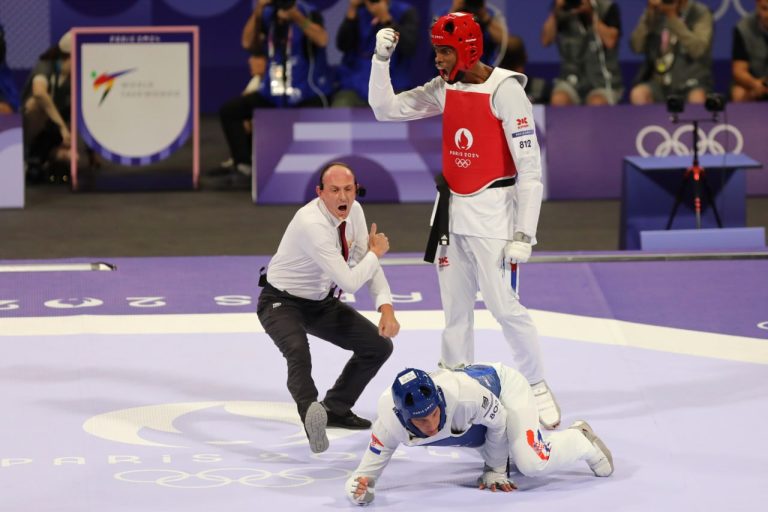
By Ronal Quiñones
HAVANA TIMES – The Paris 2024 Olympic Games have just concluded, and Cuba delivered its worst performance since Mexico 1968, capping off a four-year period in which it also recorded its poorest results in the Central American and Caribbean Games in San Salvador 2023 and the Pan American Games in Santiago de Chile 2023.
This debacle is clearly influenced by the economic factor, as in the current context, sports need much more support—not only for preparation and competition but also to ensure the minimum conditions for athletes and coaches.
This situation has caused an unprecedented exodus in this century, and in the City of Light, 21 Cuban athletes competed for another country, including the Refugee Team.
It was with this delegation that the first setback for Cuban authorities occurred in Parisian soil, as they attempted to block the participation of the two Cubans included there.
Their misfortune began when they tried to exclude mainly the canoeist Fernando Dayan Jorge from the Games, who became famous not only for winning Cuba’s only Olympic gold in his sport (Tokyo 2020) but also for rescuing a person during his journey across the Rio Grande to reach the United States.
He will likely be rowing for his new nation in four years, but for this Olympics, he didn’t have time to complete the paperwork and secure a spot, so he opted to enroll in the Refugee Team.
After that stumble, the Cuban delegation experienced its biggest disappointment: the defeat of boxer Julio Cesar La Cruz, who was aiming for his third gold in these Games but couldn’t overcome one of his compatriots wearing a different jersey: Loren Berto Alfonso.
With fellow Cuban Pedro Roque in his corner, Alfonso advanced to the final of his category, not without first eliminating another countryman, Spain’s Enmanuel Reyes.
Even President Miguel Díaz-Canel dedicated a tweet to him because he


